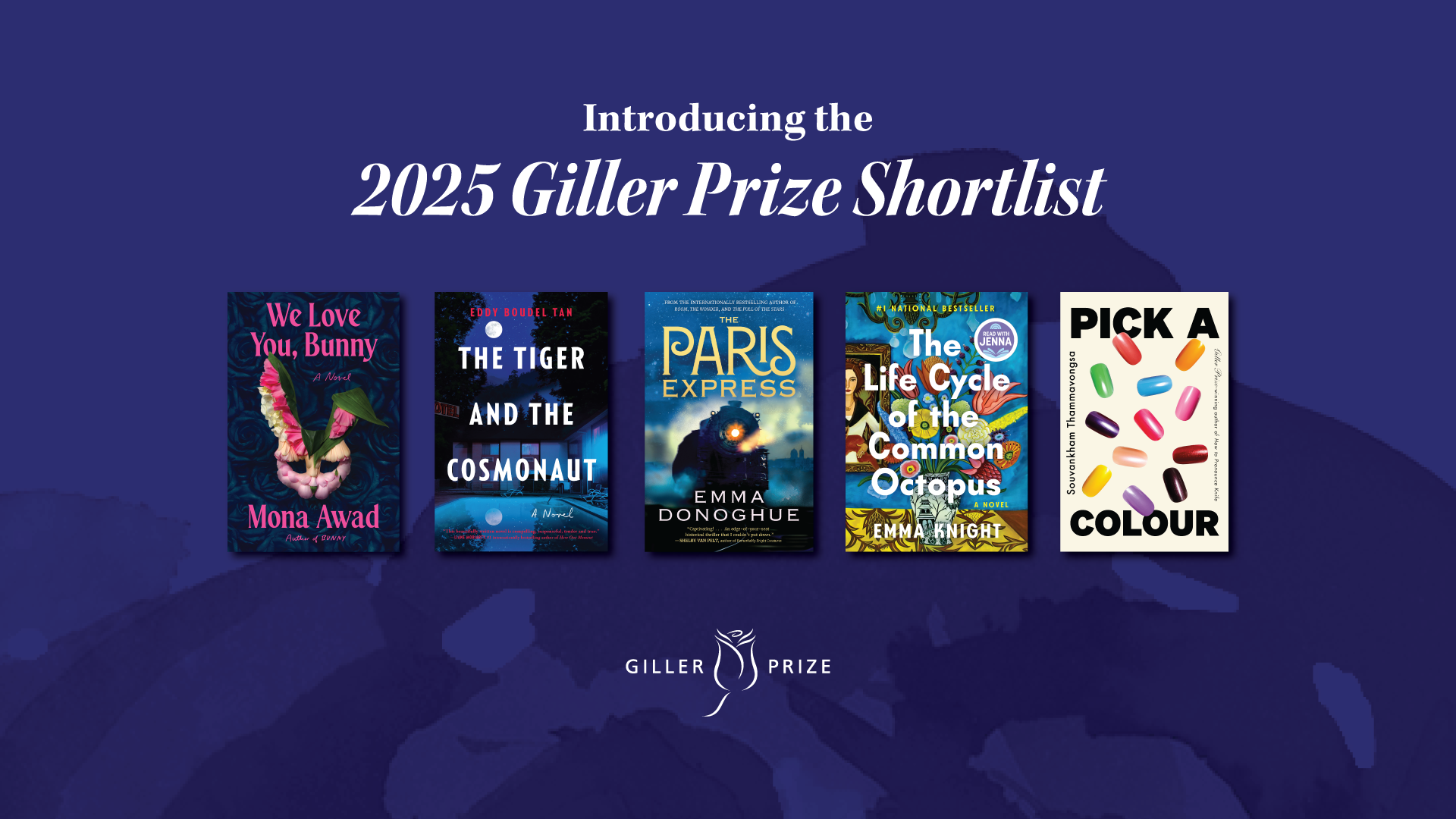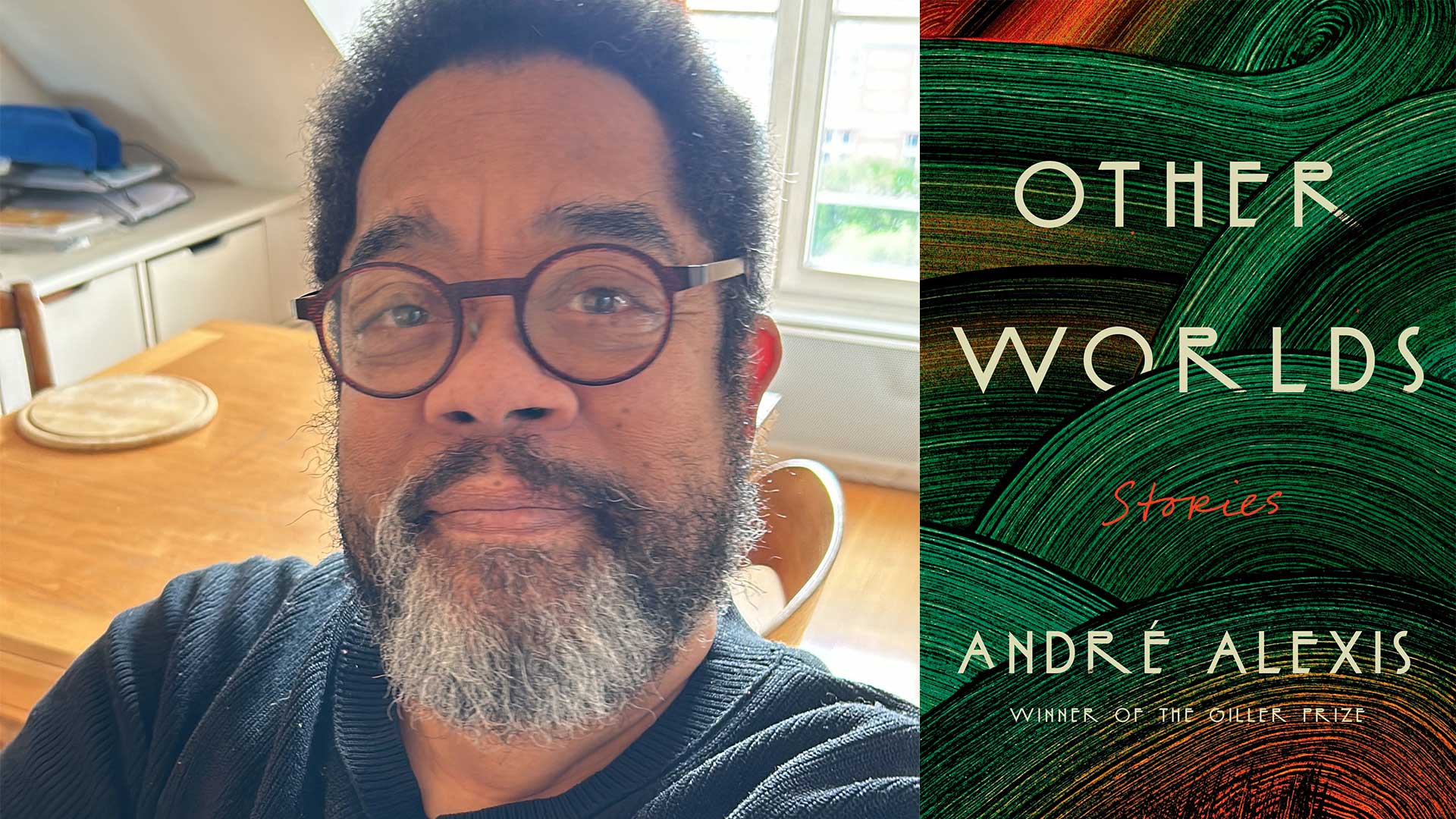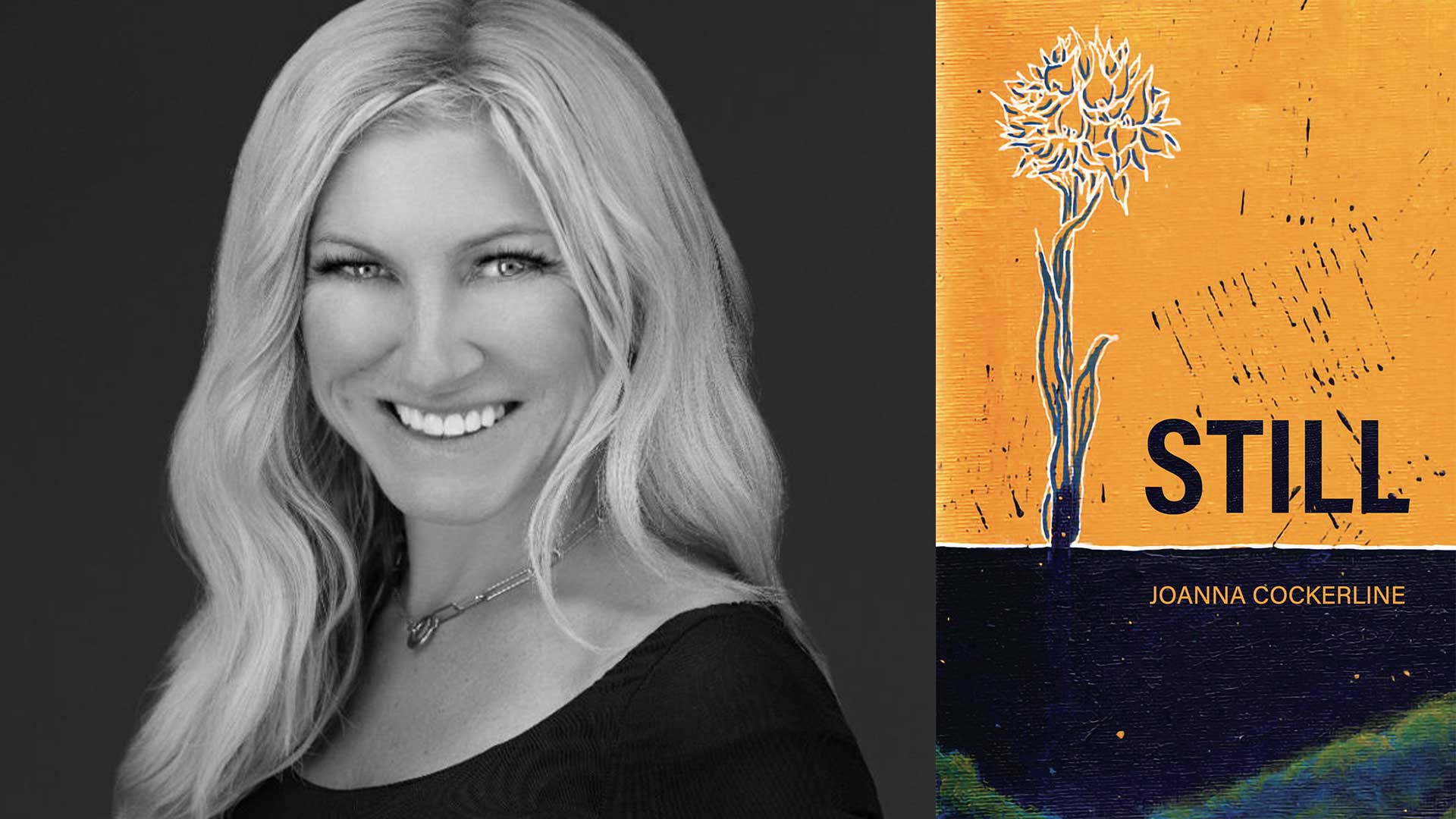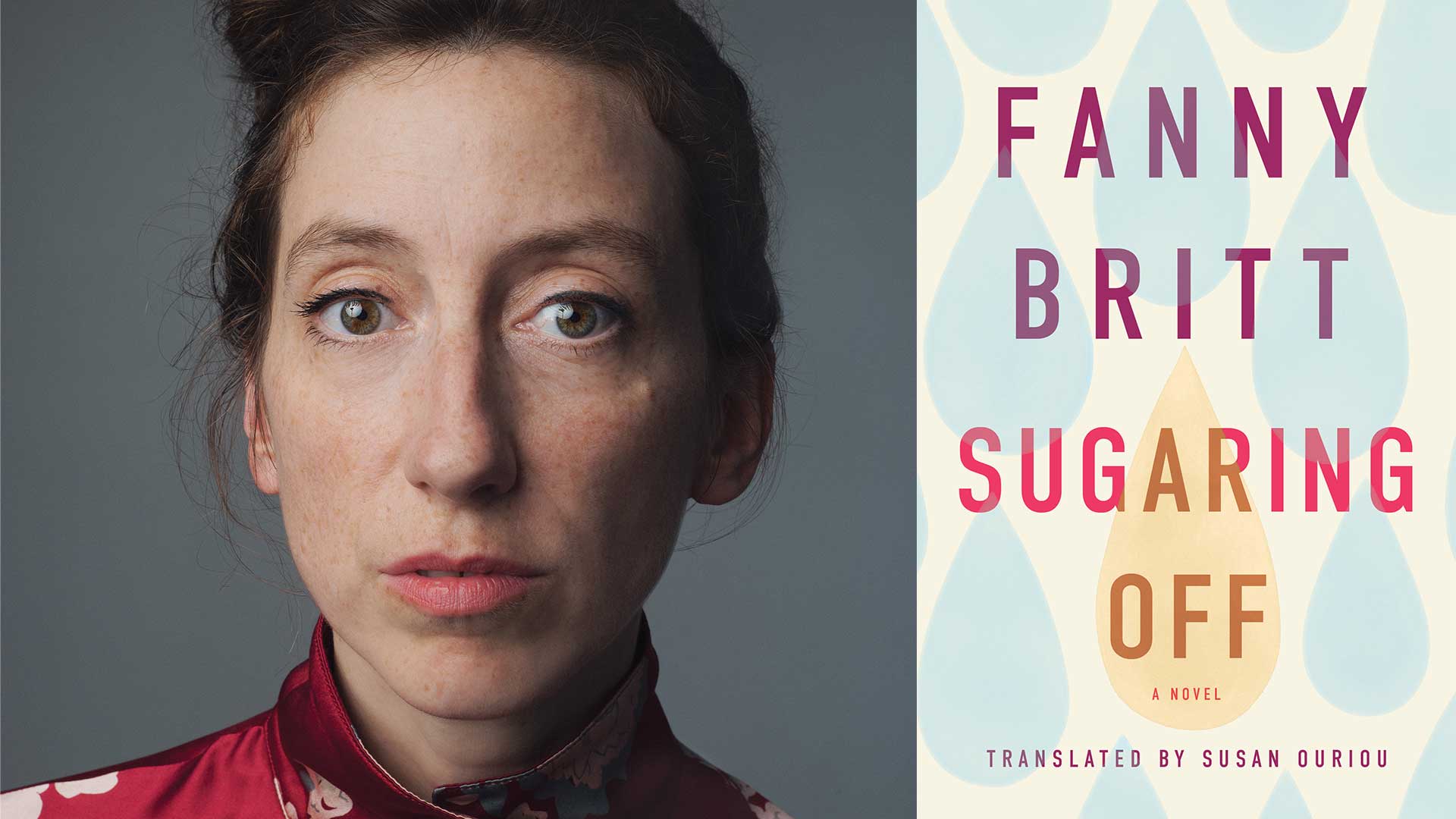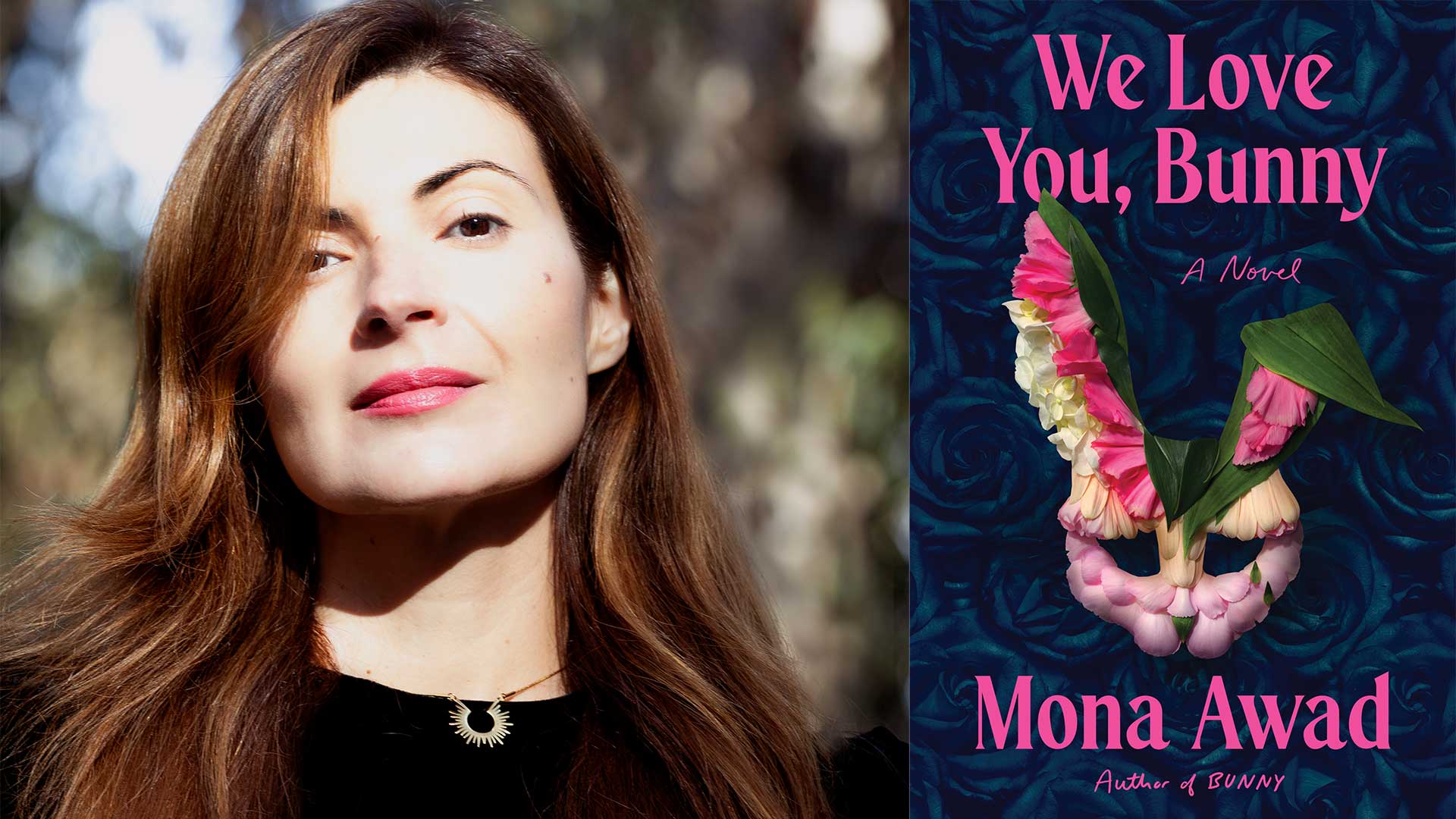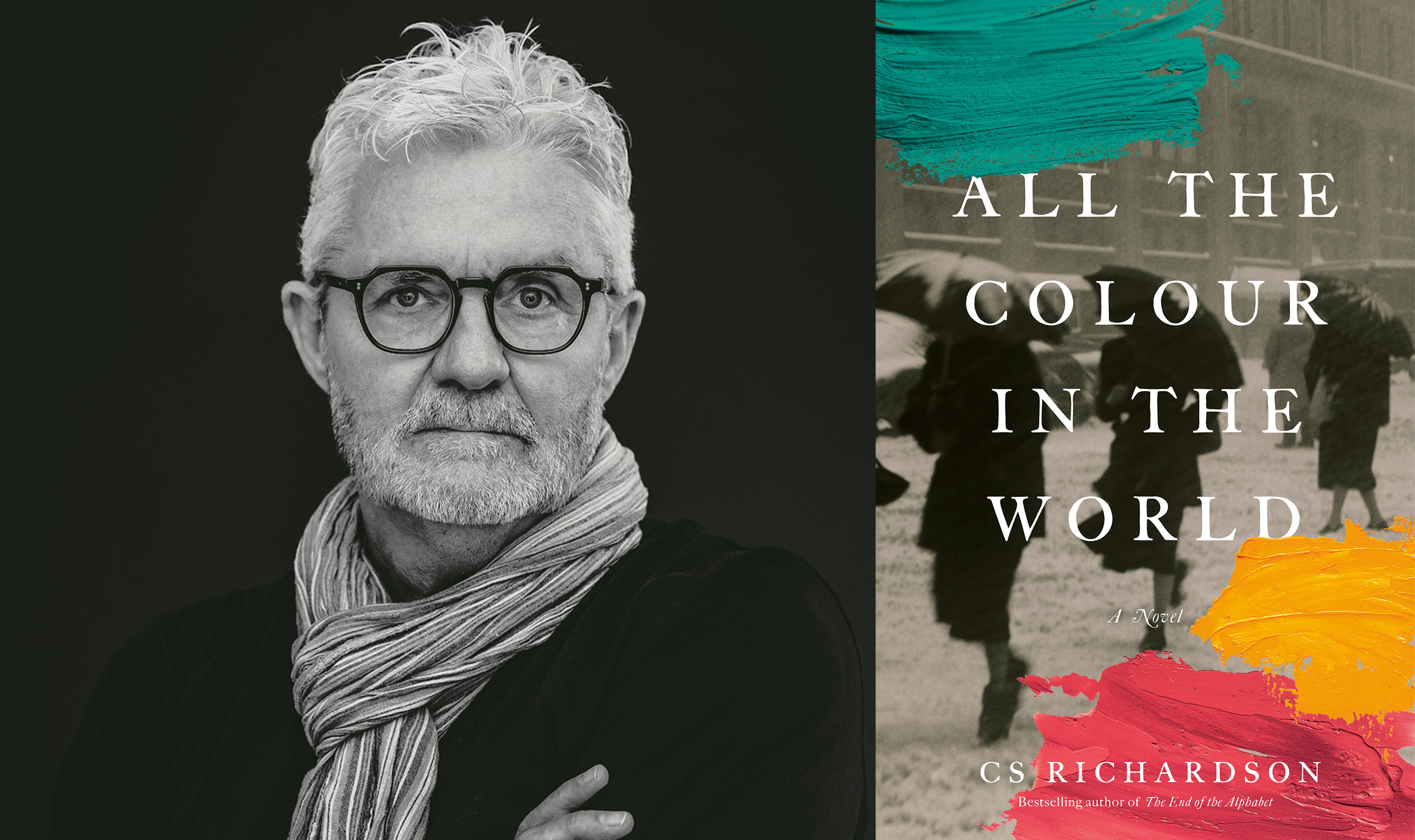
Scotiabank Giller Prize Spotlight: CS Richardson
Scotiabank Giller Prize Spotlight: CS Richardson
September 27, 2023
CS Richardson’s novel All the Colour in the World has been longlisted for the 2023 Scotiabank Giller Prize.
CS Richardson’s first novel, The End of the Alphabet, was an international bestseller, published in fourteen countries and ten languages, and won the Commonwealth Writers’ Prize for Best First Book (Canada and the Caribbean). His second novel, The Emperor of Paris, was a national bestseller, named a Globe and Mail Best Book of the Year, and longlisted for the Scotiabank Giller Prize. An award-winning book designer, CS Richardson worked in publishing for forty years. He is a multiple recipient of the Alcuin Award, Canada’s highest honour for excellence in book design. He lives and writes in Toronto.
What inspired you to write All the Colour in the World?
I began with the broadest, but also the vaguest of concepts. I knew that what became ATCITW would be a novel about the redemptive power of art—Its ability to inspire, to both narrate and interpret in the same breath, to memorialize, ultimately to heal. I also wanted to explore the craft of creating fiction by incorporating fact not as backdrop but as principal character. Thus I looked to my literary heroes for guidance, in particular the English writer Julian Barnes, and his novel, A History of the World in 10 ½ Chapters. One of those chapters relates the non-fiction story of French painter Théodore Géricault’s painting his monumental Shipwreck at Sea (aka The Raft of the Medusa.) It is how Barnes tells the tale, expertly weaving all the style and mannerism of engaging fiction with the cold dry facts surrounding a tragic historical event. In the end, I managed to pay homage to that inspiration by including my own humble version of the Medusa saga within ATCITW.
What do you hope readers take away from All the Colour in the World?
That there is more than one way to tell a story, that (for me) less is more, and that a novel is just as long as it needs to be.
Where is your favourite place to write? What is your process?
I have tried writing in cafés. I have tried writing longhand with fancy pens, index cards, and neon sticky notes. I have cluttered my desk with talismans and charms and bric-a-brac, burned scented candles. Turns out the only way for me to write is to take a Moleskin crammed with scribbles and clippings I no longer recall having gathered, get my ass in the chair, plug in the headphones (film soundtracks on heavy rotation), and stare at a blank word doc on my laptop until something appears. That and coffee.
I suffer the drudgery of initial draft(s) with as much dignity as I can muster. For me, drafting is work, labour, a job not much more glamorous than digging ditches. It is in the editing where the work becomes the craft, where the grace of creativity steps up: I could rewrite all day long. (I am also blessed with the finest editors in the world. I would never have published a word without them, and other writer who says their editors are the best is frankly lying.)
Is there an activity you do to help inspire writing?
I seek out anyone who work on a much higher level than we mere mortals, those individuals who think outside the box of their chosen field, who take the typical, the ordinary, and make it extraordinary. In architecture, it is Frank Gehry’s Guggenheim Museum in Bilbao, Spain. In musical theatre, it is Lin-Manuel Miranda’s Hamilton. War movie: think Christopher Nolan’s Dunkirk. Pop music: try the B side of Abbey Road. In historical fiction, it is George Saunders’ Lincoln in the Bardo.
What’s a book you recommend others read and why?
Two, actually. When it comes to art history, there is none better than historian Simon Schama’s Power of Art. A crash course with neither pretense nor breathless overwriting, part portrait-of-genius, part gossipy inside scoop. From Caravaggio to Van Gogh, Picasso to Rothko, Power of Art reveals those artists, all too human, who fundamentally and forever transformed the way art is produced, perceived, and how it can, and does, change lives.
The other is Silk, by Alessandro Baricco. For me, it is as close to a perfect novel as one can get. It inspired me to start writing seriously twenty years ago, I still read it with alarming frequency, and I’d be shocked if its more than 20,000 words. Please don’t watch the movie version. It is not art.
Share this article
Follow us
Important Dates
- Submission Deadline 1:
February 14, 2025 - Submission Deadline 2:
April 17, 2025 - Submission Deadline 3:
June 20, 2025 - Submission Deadline 4:
August 15, 2025 - Longlist Announcement:
September 15, 2025 - Shortlist Announcement:
October 6, 2025 - Winner Announcement:
November 17, 2025
